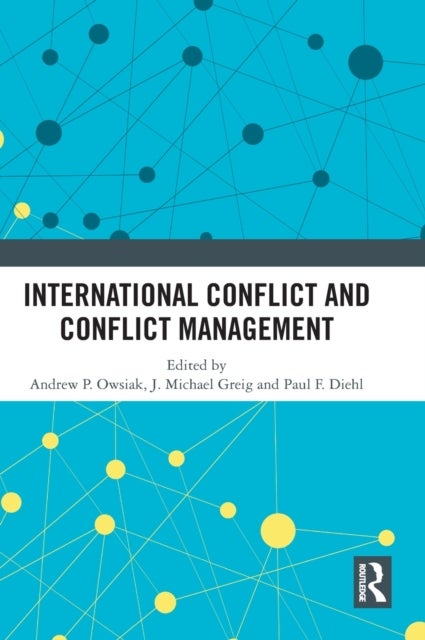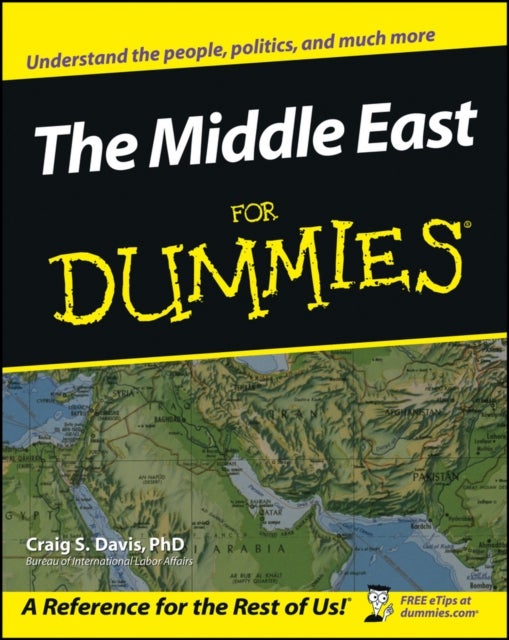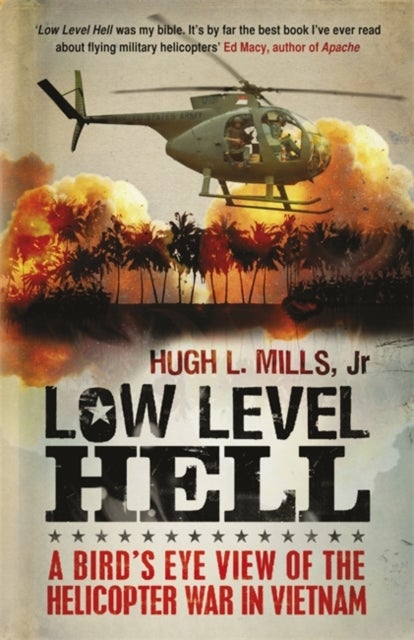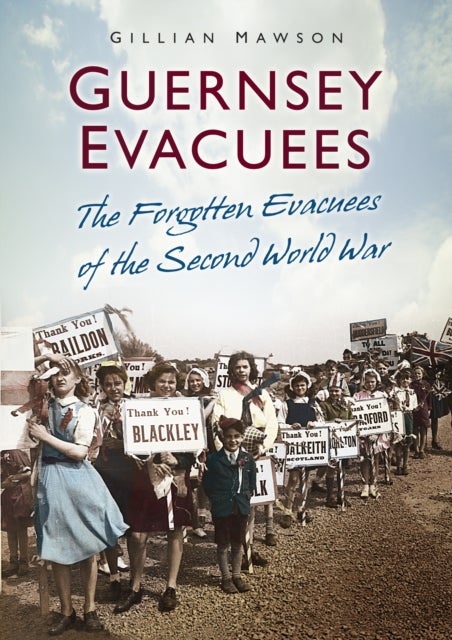
International Conflict and Conflict Management
1629,-
<p>This book asks scholars to reexamine international conflict and its management—in order to move the field toward directly theorizing about and examining the interdependence between conflict events and conflict management attempts.</p><p>Despite decades of work, research on international conflict and its management remains siloed in three fundamental ways. First, scholars do not thoroughly address international conflict dynamics within studies of conflict management, even though the former give rise to the latter. Second, existing work generally investigates one conflict management strategy (e.g., mediation) at the expense of others (e.g., adjudication). These strategies, however, are not independent of one another; they exist on a single menu from which potential third parties choose. Third parties therefore implicitly—if not explicitly—consider and select among the various strategies when deciding how to manage a conflict, thereby inviting and incorporating compar








